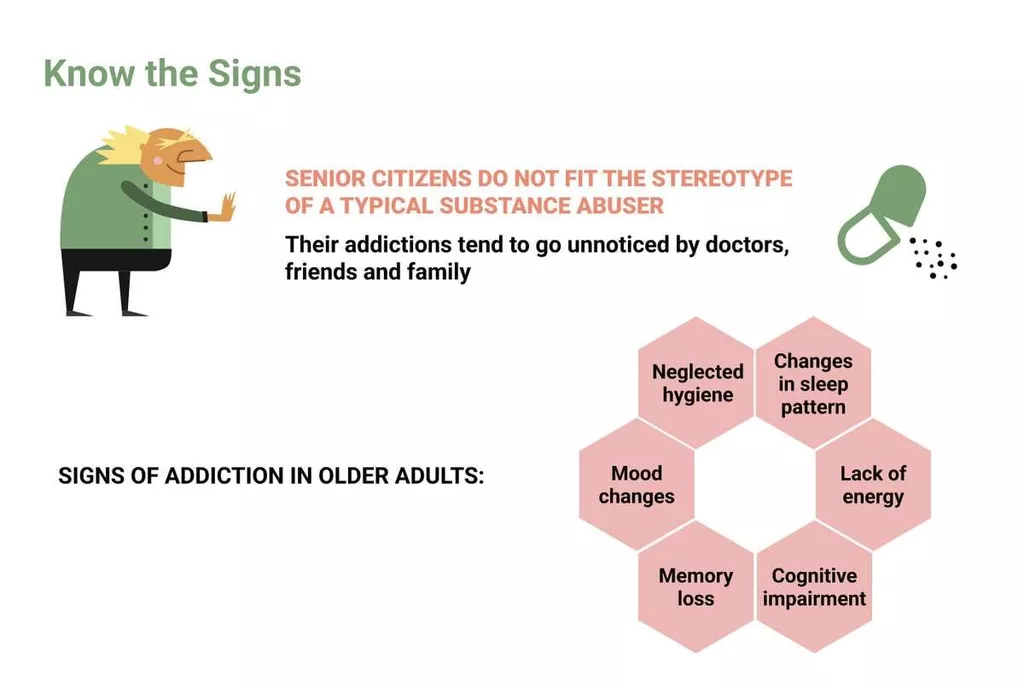
An estimated 1.3% of adults age 26 or older used hallucinogens in 2018, representing 2.9 million people in this age group, which also represented an increase over percentages reported in 2015 through 2017. According to the 2018 National Survey on Drug Use and Health, an estimated 5.6 million people in the United States ages 12 or older used hallucinogens in the past year, representing 2% of the population. Several drugs are grouped in the hallucinogen category, including LSD, PCP, peyote, psilocybin mushrooms, MDMA (ecstasy), ketamine, DMT, and salvia divinorum.
Psychedelic and Dissociative Drugs
K-bladder is often marked by symptoms of severe abdominal pain, an intense or frequent desire to urinate, blood in the urine, and incontinence. K-bladder can be treated using certain medications and surgery, but damages to the urinary system are not always reversible. Budd added that chronic ketamine use can also weaken the heart and lungs by raising blood pressure and heart rate, increasing the risk of long-term cardiovascular issues. The effects of combining it with other substances can range from pain and discomfort to a high risk of overdose and death.
The Delamere approach to ketamine addiction treatment

It tends to cause a wide variety of effects relating to almost every area of the body. It’s very easy to accidentally hurt yourself while on ketamine because it’s an anesthetic. Pain tells us when we’re injured or doing something that is likely to lead to injury. It also forces us to stop and focus on the injury, preventing further damage. Someone on ketamine can incur a serious injury and continue on as if nothing happened, exacerbating the problem.

Ketamine Addiction And Abuse

In 2020, 1.3% of 12th graders were found to have misused the drug for recreational purposes—this number was at 0.7% only a year prior. Ketamine Alcoholics Anonymous can elevate blood pressure, and there have been some high-profile deaths related to ketamine, like those of Perry and McClain. Ketamine is a drug that dates back to the 1960s and has been used for years as a powerful anesthetic.
Risks and Side Effects Associated with Ketamine Therapy
While abuse is thought to be less severe than addiction, in reality, long-term use of controlled drugs can be equally harmful to your health. That said, the structured and supervised nature of ketamine administration in medical environments—where doctors carefully regulate both dose and duration—greatly reduces the likelihood of addiction. However, if medical use is not closely monitored or continues for an extended period, there is a possibility that psychological dependence develops, particularly in vulnerable individuals. Quitting ketamine alone and abruptly (going ‘cold turkey’) can be dangerous as you may experience seizures, hallucinations, severe anxiety or suicidal thoughts.

How Can You Prevent Ketamine Addiction Relapse?
- It seems that ketamine abuse is becoming more common, with findings revealing that, compared with a decade ago, more and more people are abusing the substance.
- In other case reports of people addicted to ketamine, inpatient rehab helped individuals quit using the drug.
- Polydrug use involving ketamine also raises the risk of urinary tract and gastrointestinal problems, memory loss, and impaired motor function.
- Due to its NMDA receptor-blocking action, ketamine may trigger an excessive release of glutamate and thus cause cortical excitability, which can lead to psychotic behavior and cognitive abnormalities 114.
- Fehling does not administer ketamine at CeDAR, but said it can be valuable for patients who are dealing with addiction and depression.
- The study, led by the University of Exeter and University College London (UCL), is the largest to date to explore the experience of people currently living with ketamine addiction in-depth.
- More research on how ketamine affects addiction is needed, but it may change how your brain deals with cravings, motivation to quit a drug, and controlling behavioral reactions.
These services include support groups, counseling sessions, and sober living homes. In this way, you can get ongoing support and guidance to maintain recovery. Anyone struggling with addiction may turn to drug usage as a coping mechanism. Therefore it’s necessary to make them learn healthier ways to manage their emotions. Expert counselors can help you address the underlying issues driving the addiction. Detoxing from ketamine is rarely deadly, but the symptoms of withdrawal can be uncomfortable.
What Is the First Step Toward Getting Treatment for Alcohol Addiction in Florida?
These potential effects encompass dizziness, blurred vision, altered hearing, hypertension, nausea and vomiting, vivid dreams, and hallucinations 112,113. Due to its NMDA receptor-blocking action, ketamine may trigger an excessive release of glutamate and thus cause cortical excitability, which can lead to psychotic behavior and cognitive abnormalities 114. In both fetal and neonatal development, a 5 h exposure may be sufficient to induce a significant neuroapoptotic response because of the brain’s susceptibility to the apoptogenic effects of ketamine.
Is Ketamine Cream Addictive?
Olympic Behavioral Health is an approved provider for Blue Shield and Tufts, while also accepting many other major insurance carriers. Olympic Behavioral Health is an approved provider for Blue Shield and Tufts while also accepting many other major insurance carriers. Yes, ketamine troches are addictive, although the risk depends on dosage and frequency of use. While you may not be physically dependent on it yet, misusing ketamine can lead to significant harm and addiction.
What are the negative side effects or potential risks of using ketamine?
One of the most common ways to abuse ketamine is by snorting the powder intranasally (through the nose). Plugging ketamine can result in unpredictable side effects, as it may be harder to measure the dose taken. When someone takes ketamine, neurotransmitters in the brain called methyl-d aspirate (NMDA) https://ecosoberhouse.com/article/reframing-holidays-in-early-recovery/ receptors are blocked, resulting in effects such as sedation, anesthesia, and trance-like states. People who use ketamine recreationally will typically take the drug orally in pill form, or snorted in its white powder form. We do not receive any commission or fee that is dependent upon which treatment provider a caller chooses.
No medications have been ketamine addiction FDA-approved to treat ketamine addiction, but doctors may prescribe other medications to help treat co-occurring mental health conditions. Hospitalization may sometimes be required to manage serious withdrawal symptoms. Drug detox treatments for ketamine can be safely conducted in an inpatient or residential rehab setting where patients can be monitored 24/7 by medical staff who can reduce complications.



